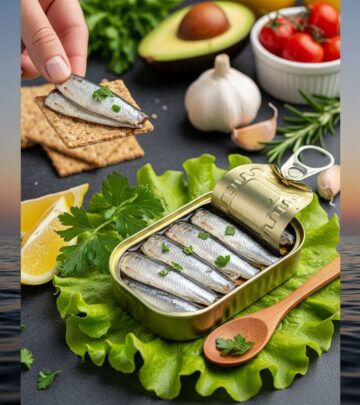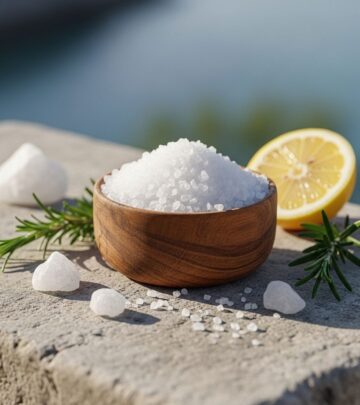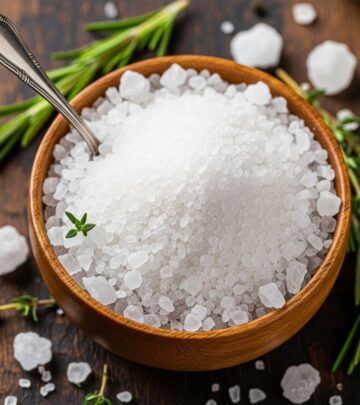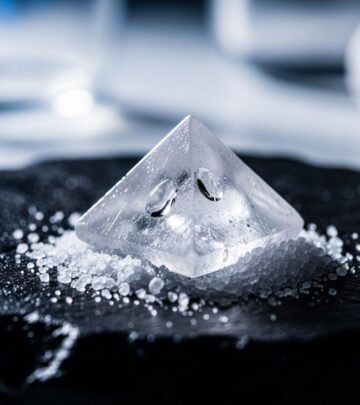Effective Home Remedies for Piles (Hemorrhoids): Natural Relief and Practical Tips
Soothe discomfort and protect sensitive skin with gentle, everyday self-care.
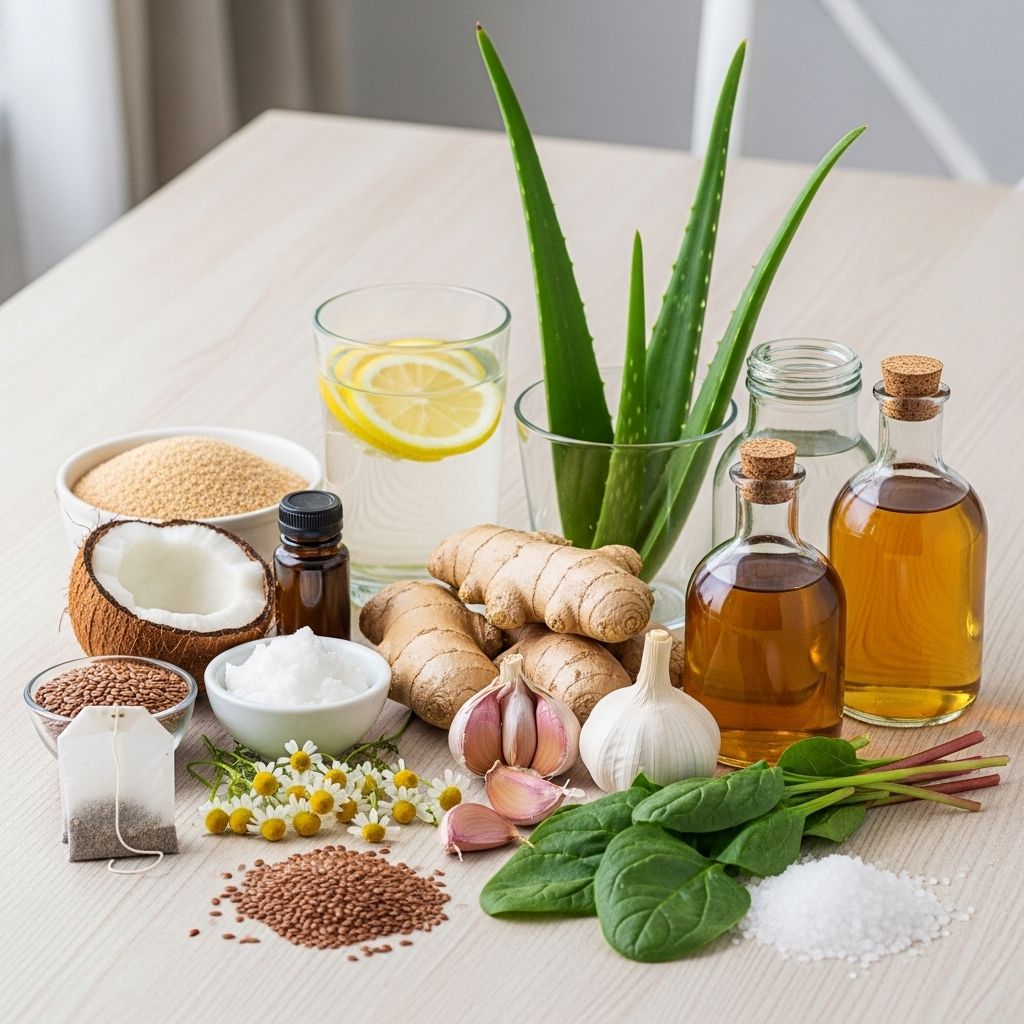
Piles, also known as hemorrhoids, are swollen veins in the rectum or anus that cause discomfort, pain, itching, and bleeding. They are a common condition affecting millions of adults worldwide, with varying degrees of severity. While medical interventions are sometimes necessary, most hemorrhoids can be managed and relieved at home using natural approaches and self-care techniques.
Understanding Piles: Types, Causes, and Symptoms
Piles can be classified into two main types based on their location:
- Internal Piles: Develop inside the rectum, often painless but may cause bleeding.
- External Piles: Form under the skin around the anus, typically more painful and sometimes accompanied by swelling and itching.
Common causes include chronic constipation, prolonged straining during bowel movements, a low-fiber diet, pregnancy, sedentary lifestyle, and obesity. Symptoms range from minor discomfort and itching to painful swelling or bleeding during bowel movements.
Best Home Remedies for Piles Relief
Several natural remedies and lifestyle changes can effectively ease the symptoms of piles and speed up recovery. Here are the most recommended approaches:
1. Warm Sitz Baths
Sitting in a warm sitz bath for 15–20 minutes several times a day—especially after a bowel movement—can help soothe pain, reduce itching, and alleviate swelling. Adding Epsom salts or a small amount of witch hazel can offer additional relief. Avoid using any harsh soaps or bubble bath products in the water.
- Fill a clean bathtub or sitz bath basin with warm (not hot) water.
- Soak only the hips and buttocks for best results.
- Repeat the process as needed, especially after bowel movements.
2. Use of Witch Hazel
Witch hazel is a natural anti-inflammatory agent that helps reduce itching, pain, and swelling. Its astringent properties make it ideal for gentle application on external piles.
- Soak a cotton pad or ball in pure witch hazel extract.
- Apply it directly to the affected area two to three times daily.
- Avoid products with added alcohol or fragrances to prevent irritation.
3. Aloe Vera Gel
The soothing and anti-inflammatory properties of aloe vera can provide relief for both internal and external hemorrhoids. Use only pure, unscented aloe vera gel or the gel extracted directly from an aloe plant.
- Apply a thin layer of gel to the anal region after bathing or bowel movements.
- Perform a patch test first to rule out allergic reactions.
- Reapply as needed for comfort.
4. Cold Compresses
Cold compresses or ice packs help numb pain, reduce swelling, and constrict blood vessels in acute flare-ups.
- Wrap a few ice cubes in a soft, clean cloth.
- Apply gently to the swollen area for 10–15 minutes at a time.
- Never apply ice directly to the skin to prevent frostbite.
5. Coconut Oil
Coconut oil has natural anti-inflammatory and analgesic (pain-relieving) properties. It helps keep the affected area moisturized, reducing discomfort and supporting healing.
- Apply a small amount of virgin coconut oil to the pile after cleaning the area.
- Repeat several times per day as needed.
6. Epsom Salt Baths
Soaking in an Epsom salt bath increases the soothing effects of a regular sitz bath. The magnesium in Epsom salt can help reduce inflammation and promote relaxation.
- Mix a cup of Epsom salt into warm water in a bathtub or a sitz bath basin.
- Sit and soak for 15–20 minutes.
- Pat the area dry with a soft towel after the bath.
7. Topical Over-the-Counter Treatments
There are several over-the-counter creams, ointments, and suppositories formulated specifically for hemorrhoid relief. Common ingredients include hydrocortisone, witch hazel, lidocaine, and zinc oxide. Use only as directed, and avoid prolonged use unless advised by a doctor.
8. High-Fiber Diet
Dietary changes are essential for both relief and prevention. Increasing your fiber intake softens stools and reduces the need to strain during bowel movements. This helps prevent further irritation or recurrence of piles.
- Include fiber-rich foods such as whole grains, fruits (apples, pears, berries), vegetables (broccoli, carrots, spinach), and legumes (beans, lentils).
- Consider psyllium husk or other fiber supplements if you’re unable to get enough fiber from your diet.
- Introduce fiber gradually to prevent bloating or gas.
9. Adequate Hydration
Drinking plenty of water each day keeps stools soft and easy to pass, reducing the risk and worsening of hemorrhoids. Aim for at least 8–10 glasses daily, or more based on your activity and climate.
10. Improved Toilet and Bowel Habits
- Go to the bathroom as soon as you feel the urge, avoiding delays that lead to harder stools.
- Avoid prolonged sitting or straining on the toilet.
- Consider elevating your feet on a small stool (squatty potty) during bowel movements to improve alignment and ease passage.
11. Gentle Cleansing and Hygiene
Keep the anal area clean and dry to prevent infection and irritation:
- Wash gently with mild soap and warm water after bowel movements.
- Use unscented, alcohol-free wipes or wet toilet paper as needed.
- Avoid harsh rubbing or use of perfumed products in the area.
- Pat dry with a soft towel; avoid rough toilet paper.
12. Wear Loose, Breathable Clothing
- Choose cotton underwear and loose-fitting pants to allow the area to breathe.
- Avoid synthetic fabrics that trap moisture, as this can aggravate symptoms and cause infection.
Additional Natural Remedies
Witch Hazel Pads and Wipes
Pre-moistened witch hazel pads and wipes offer convenient relief from itching and irritation, especially when traveling or at work.
Baking Soda Paste
A paste made from water and baking soda can help relieve itching and burning when applied topically. Always rinse off thoroughly and discontinue use if irritation occurs.
Horse Chestnut Extract
This herbal remedy is sometimes used in Europe for vascular health, including hemorrhoids, although more studies are needed to confirm its effectiveness and safety. Always consult a healthcare provider before using any new supplement.
Dietary Dos and Don’ts for Piles Relief
| Recommended Foods | Foods to Avoid |
|---|---|
| Whole grains (oats, brown rice, quinoa) | Refined grains (white bread, pastries) |
| Fresh fruits (berries, pears, apples) | Spicy foods |
| Fresh vegetables (especially leafy greens) | Processed foods |
| Legumes (beans, lentils) | Caffeinated beverages (if sensitive) |
| Nuts and seeds | High-sugar desserts |
When to Seek Medical Advice
Most mild piles can be treated successfully at home, but consult your healthcare provider if:
- Symptoms do not improve after a week of home treatment
- You experience severe pain or heavy rectal bleeding
- There is a protrusion that does not retract or signs of infection (fever, chills, pus)
Persistent or severe cases may require professional treatment such as rubber band ligation, sclerotherapy, or surgical removal.
Piles Prevention: Healthy Lifestyle Tips
- Maintain a high-fiber diet routinely to prevent constipation.
- Stay adequately hydrated throughout the day.
- Do regular physical activity to stimulate bowel motility.
- Practice healthy bowel habits: respond promptly to the urge to have a bowel movement.
- Avoid lifting heavy objects with improper technique.
Frequently Asked Questions (FAQs)
Q: Can piles heal on their own without treatment?
In many cases, mild piles resolve on their own within a couple of weeks, especially if lifestyle modifications are made. However, ignoring severe or recurrent symptoms is not recommended, as complications can arise.
Q: Are home remedies suitable for all types of piles?
Most home remedies are effective for mild to moderate cases of both internal and external hemorrhoids. Severe or thrombosed piles, or those with persistent bleeding, require medical evaluation.
Q: What foods should I avoid if I have piles?
Avoid low-fiber processed foods, spicy items, deep-fried snacks, caffeine (if sensitive), and alcohol. These can worsen constipation or irritate the digestive tract.
Q: Can exercise help prevent hemorrhoids?
Yes. Gentle physical activity such as walking, yoga, or swimming helps regulate bowel movements and improves circulation, reducing the risk of developing piles.
Q: Is it safe to use over-the-counter creams for piles?
Most OTC creams and ointments are safe for short-term use. Prolonged or overuse can cause side effects such as skin thinning; always follow instructions and consult a doctor with any concerns.
Summary
Piles (hemorrhoids) are common but manageable with a combination of self-care, dietary changes, topical remedies, and improved hygiene. Warm sitz baths, witch hazel, aloe vera, high-fiber diets, and proper toilet habits form the cornerstone of effective home management. Always consult your physician for severe, persistent, or atypical symptoms.
References
- https://ccrdaz.com/how-can-hemorrhoids-be-treated-naturally/
- https://www.medicalnewstoday.com/articles/317114
- https://www.drklause.com/blog/at-home-remedies-for-hemorrhoids-while-you-wait-for-treatment
- https://www.healthline.com/health/home-remedies-for-hemorrhoids
- https://www.goodrx.com/conditions/hemorrhoids/self-care
- https://www.health.harvard.edu/blog/natural-remedies-for-hemorrhoid-2021022321942
- https://www.webmd.com/digestive-disorders/hemorrrhoid-home-care
- https://www.mayoclinic.org/diseases-conditions/hemorrhoids/diagnosis-treatment/drc-20360280
- https://www.preparationh.com/learn-more/how-to-prevent-hemorrhoids-at-home/
Read full bio of medha deb



